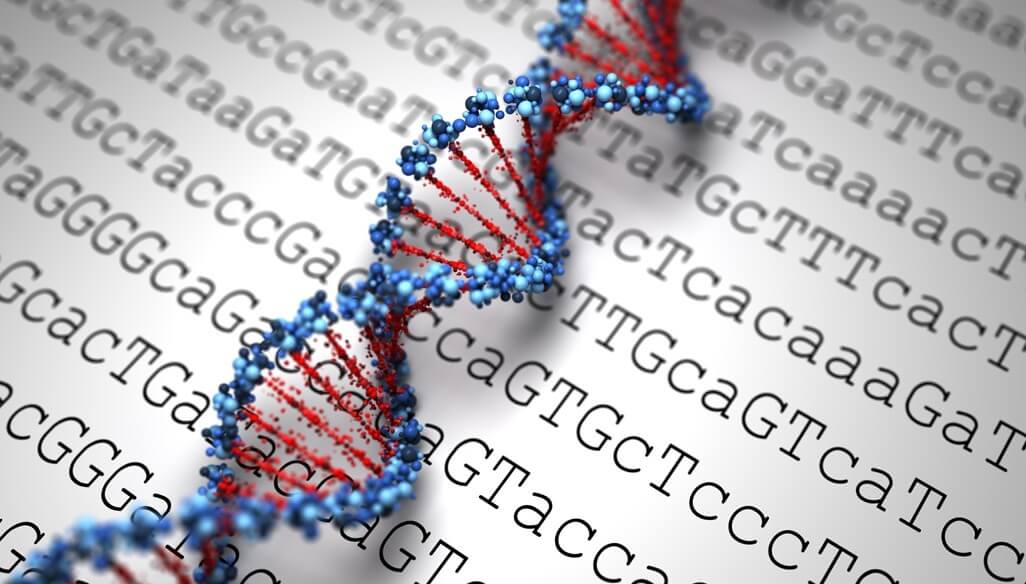
Direct-to-consumer genetic testing is booming, but ethical concerns remain
Ethicists still have their reservations.
In a little over a decade, genetic testing company 23andMe has gone from being a small startup in Silicon Valley to a multinational operation with over 5 million users in 48 countries. Despite an order by the FDA to cease marketing its personal genome service to consumers in late 2014, the company now has broad approval to market a variety of products, ranging from ancestry tests to tests for gene mutations related to Parkinson’s Disease, Late Onset Alzheimer's and breast cancer. The company received a boost last month when when pharmaceutical giant GlaxoSmithKline announced that it would purchase a US$300 million stake in 23andMe. GSK will be using data from 23andMe to develop drugs for diseases such as Parkinson’s Disease.
Yet despite the apparent consumer confidence in genetic testing companies, significant ethical concerns remain. Articles in the popular media routinely appear warning users of what they should be aware of before using direct-to-consumer (DTC) genomics services. Experts caution users about the incomplete nature of the tests conducted, the lack of context for users when interpreting the results of the tests, and the lack of scientific data to support the recommendations made to consumers by genetic testing companies. There are also questions surrounding privacy, as the recent data sharing agreement between 23andMe and GSK has made clear.
Dr Andelka Phillips, a researcher at Trinity College in Dublin and the author of a forthcoming book about the direct-to-consumer DNA test industry, suggests that users should think very carefully before requesting a DTC genetic test:
“What I would say to a consumer who is interested in this, is take time to make a decision about using a service, do some research. What is your level of comfort with your data being used for other purposes, shared with insurers or with pharmaceutical companies?… If I have a hereditary health condition in my family, perhaps I might not want to put my data in this system because it might affect my insurance coverage.”
As the cost of genome sequencing decreases, researchers and clinicians are debating whether all newborns should be sequenced at birth, facilitating a lifetime of personalized medical care. Yet a new special report on genome-wide sequencing of infants from The Hastings Center recommends against parents using DTC genetic testing to diagnose or screen their newborns. “Sequencing the genome of every newborn could cause parents to worry needlessly about their healthy baby,” says bioethicist Barbara Koenig, one of the co-editors of the special report.
DTC genetic testing is booming, but ethical concerns remain
Xavier Symons
Creative commons
https://www.bioedge.org/images/2008images/genetic_test.jpg
23andme
commercialization
fda
genetic testing
- Can machines be moral? - March 7, 2021
- Can we synthesise Christianity moral theology with secular bioethics? - November 28, 2020
- Euthanasia polling data may fail to capture people’s considered views - August 15, 2020
